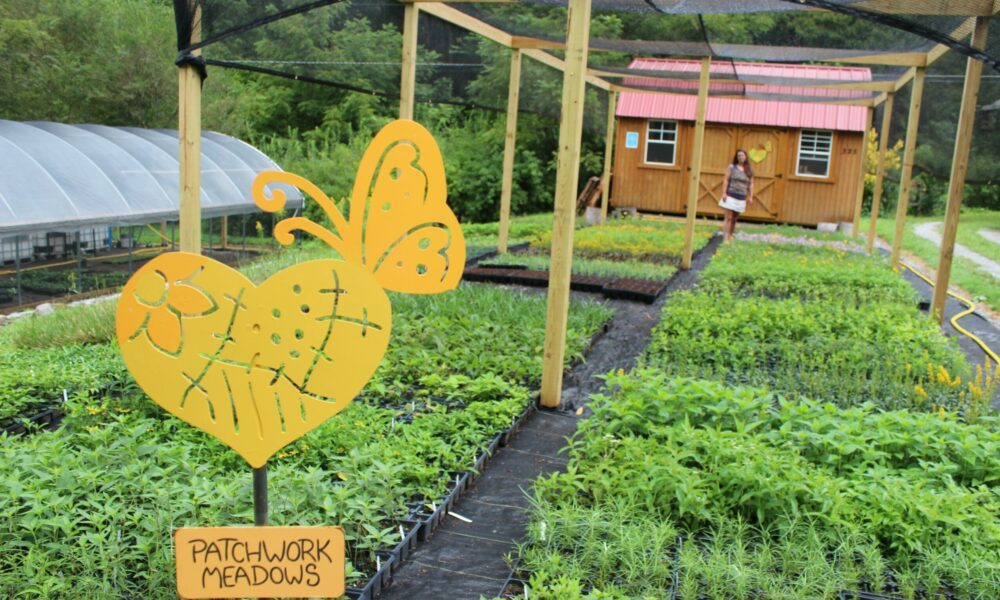

Today we’d like to introduce you to Emily Sampson.
Emily, we appreciate you taking the time to share your story with us today. Where does your story begin?
My passion for natural world has been building since I moved to the mountains of rural WNC from the suburban concrete of South Florida at the tender age of 11 years old. I immediately fell in love with the landscape and began learning about the natural world around me. My earliest experience working with plants was the rare opportunity to conduct a survey of local flora along the Blue Ridge Parkway with Botanist, Chris Ulrey, while in the Youth Conservation Corps during high school. In the years following, I continued to learn more about native plants through my horticulture internships at the WNC Nature Center and the Botanical Gardens of Asheville while working on a degree in Ecology and Evolutionary Biology at UNC-Asheville, graduating in 2007. After graduating from UNCA I worked for a small, local native plant nursery and for NCSU at the Mountain Horticultural Crops Research & Extension center. I also had my daughter Calia, whom I named after a genus of native meadow wildflower (pictured with her below :).
In 2009, I moved from Asheville to Black Mountain and began a career in greenhouse growing as the head grower and production manager at Painters Greenhouse (in Old Fort, NC). Over the next 8 years there I was a driving force that shaped the focus of their business on growing natives and pollinator plants in addition to all of our other offerings. Additionally, I have worked as a grower at Banner Greenhouses also in McDowell County, NC; a wholesaler of plant material for Metrolina Greenhouses and Lowes.
In 2015, I began volunteering to create and maintain pollinator spaces along the Black Mountain Greenway. In 2018 I was hired a Garden Coordinator, a part time position for Black Mountain Recreation & Parks, where I develop and care for pollinator garden and meadow spaces. There are currently 4, publicly accessible Monarch Waystations totaling more than 1 acre, including sites at the Black Mountain Library, Black Mountain Primary School, Veterans Park and Lake Tomahawk that I am responsible for maintaining. In the spring of 2020, I started Patchwork Meadows so that I could create pollinator habitat for private landowners in addition to the public spaces I am continuing to create and maintain for the town. I am now also working to create and consult on other public meadow spaces in the Asheville area.
I’m sure it wasn’t obstacle-free, but would you say the journey has been fairly smooth so far?
When creating a naturalized landscape, it is always a struggle to make it look like you didn’t do anything, like you just let nature take its course. The battle is mostly against invasive plants. In some meadow areas, dozens of hours a week might be required to get an invasive under control before it goes to seed or out-compete native grasses or wildflowers that we have planted or sown. A meadow is always in flux. They are different from year to year depending on conditions and the success or struggle of species present in the system. We never have total control but can direct the system towards diversity by cutting back or removing plants that take over or become too aggressive. The greater the diversity, the more interest and beauty can be found in each season.
Once a meadow is established, it requires less regular maintenance than an area of lawn because it may only need to be mowed once or twice a year as opposed to dozens of times throughout the season. Though it may not be as many hours of labor necessary, they do require more skilled labor compared to mowing a lawn on an established schedule, as a caretaker must have the ability to be selective and make decisions based on understanding the ecosystem and its components.
Appreciate you sharing that. What should we know about Patchwork Meadows?
PatchWork Meadows is a Green business, growing and installing native plants for pollinator habitat. The goal is to convert sections of residential and commercial lawn or old pasture into beautiful wildflower meadow patches that benefit bees, butterflies, birds and other wildlife.
The idea isn’t to simply plant a garden of pretty flowers but to choose from a list of plants well suited for specific site conditions that have the greatest benefit to pollinators in order to create a patch of Wild Meadow on your property. Your Patch is part of the PatchWork that can allow native pollinators to thrive inside of the ever-increasing human occupation of the landscape. These patches create wildlife corridors through our towns and neighborhoods that allow both residential and migrating populations of pollinators, birds, and other wildlife to coexist with us in urban and suburban areas. As our cities and towns continually grow and many of our green spaces fill up with exotic invasive species it is necessary to provide habitat where we can for the many bird, bee and butterfly species that are in dramatic decline.
Luckily, many of the plants that pollinators like best are also attractive to people, so gardening for them is a win-win. We grow our plugs for meadow installation with no pesticides and use locally collected seed when available.
What was your favorite childhood memory?
One of my favorite childhood memories was raising tadpoles collected from the neighborhood canal and watching them grow little frog legs. The life in our old kiddie pool was magical.
Pricing:
- Pricing is by the square foot an is specific to each site based on the current vegetation dificulty of the conditions.
- Meadow Consult is $65 inside Buncombe County. $90 per hour of travel outside of Buncombe
Contact Info:
- Website: https://patchworkmeadows.com/
- Instagram: @patchwork_meadows
- Facebook: @patchworkmeadows
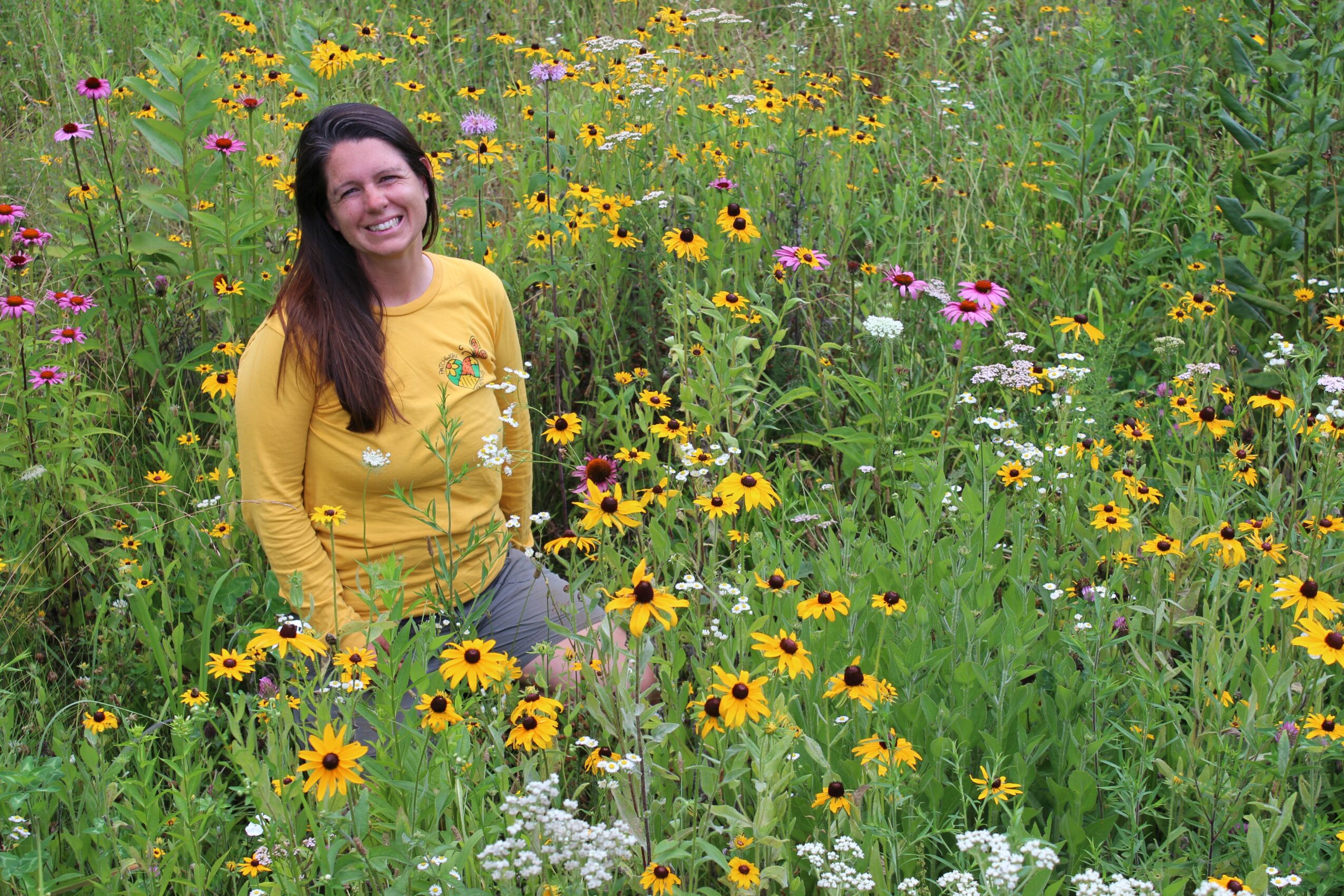
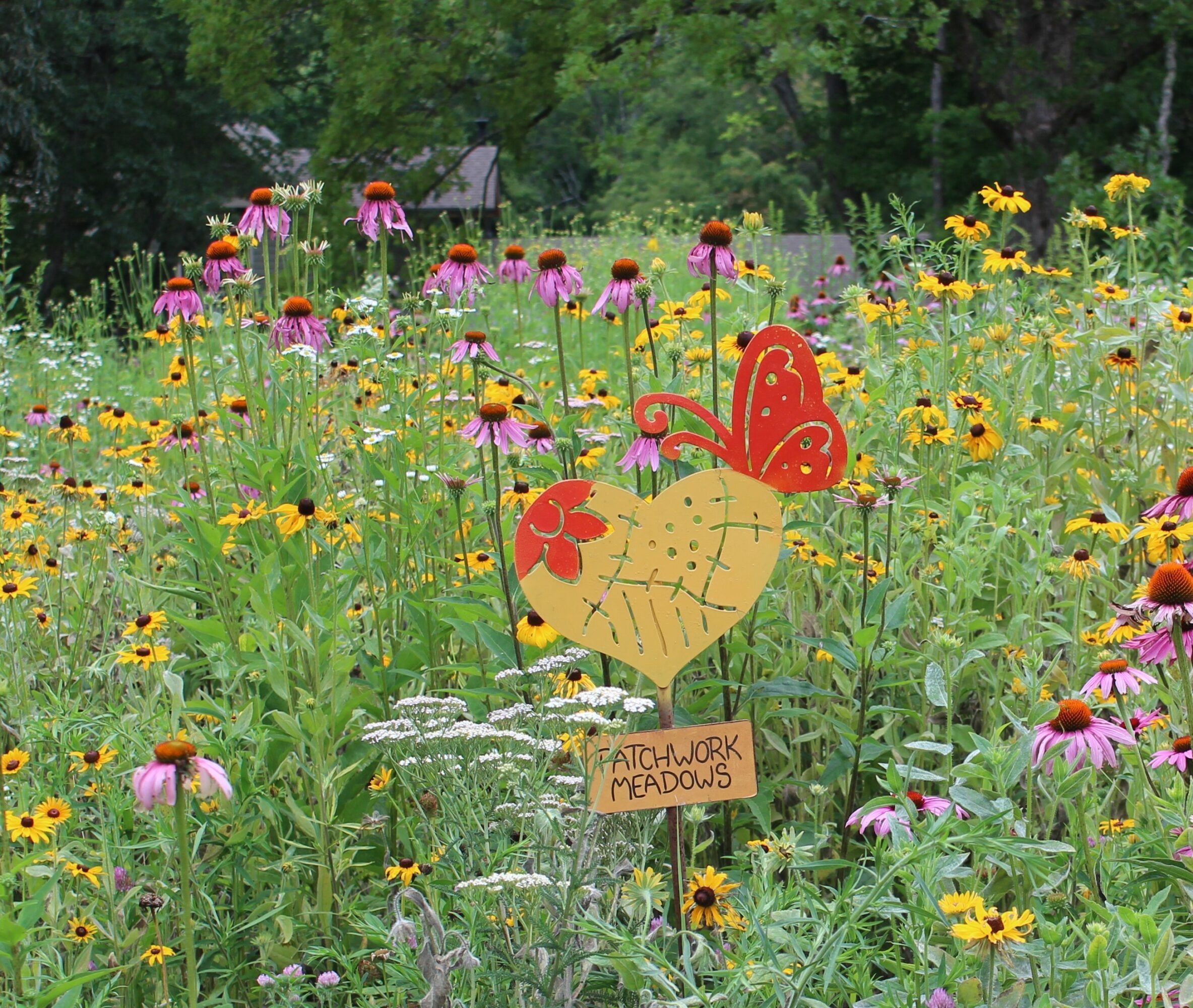
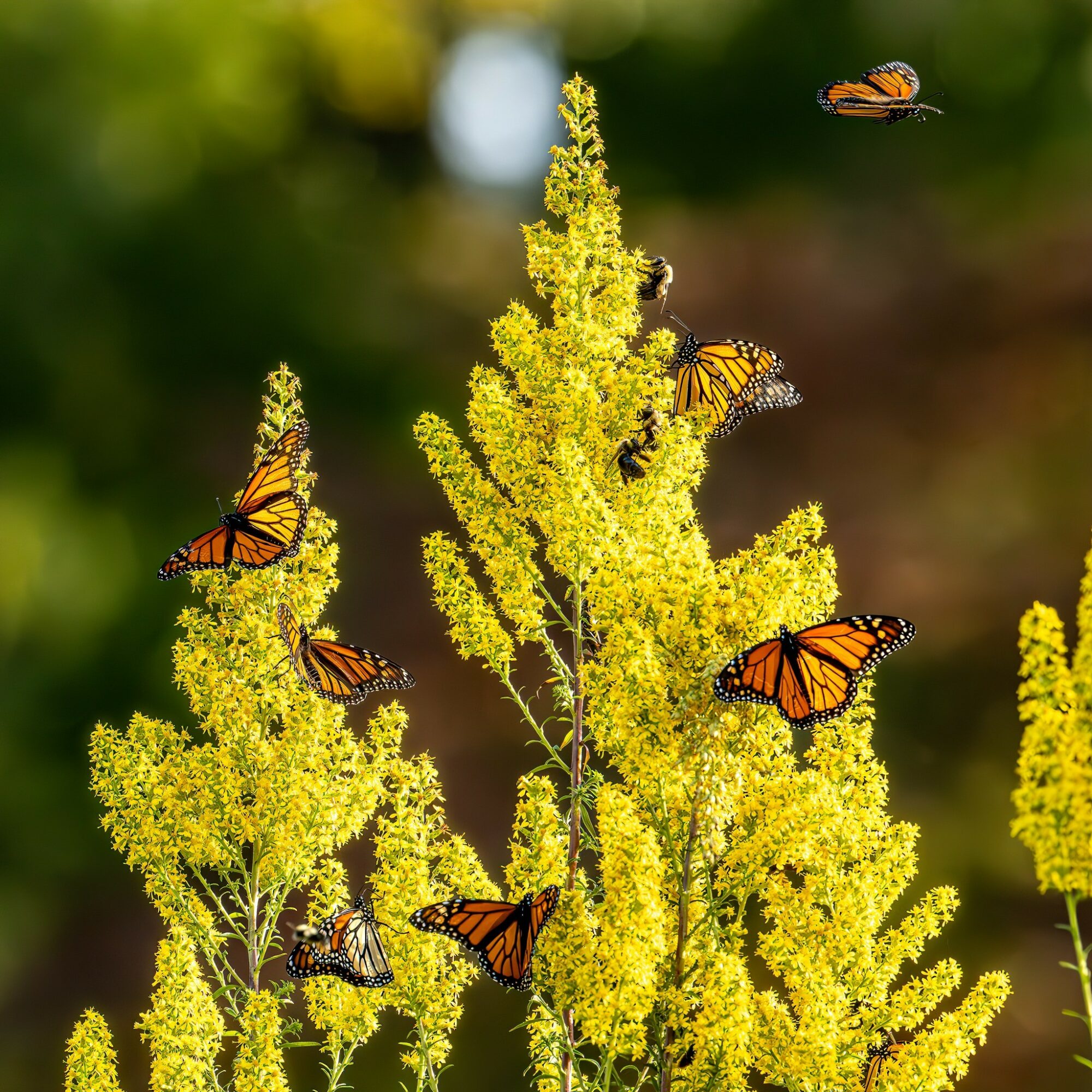
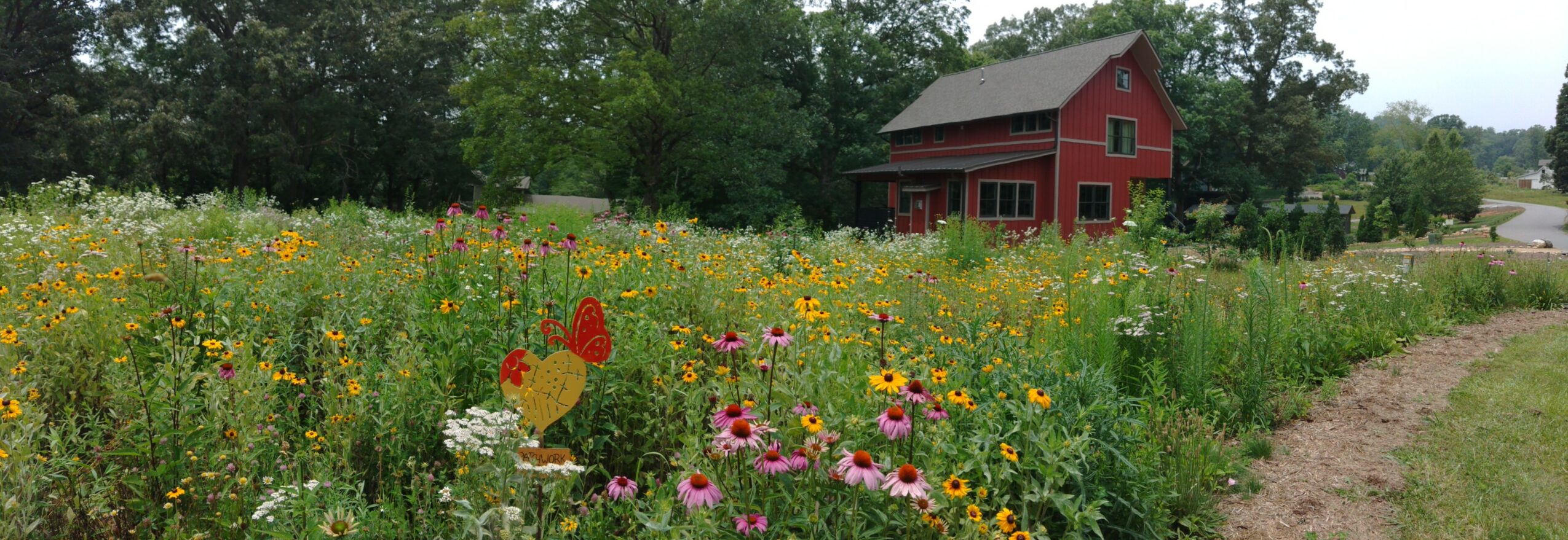
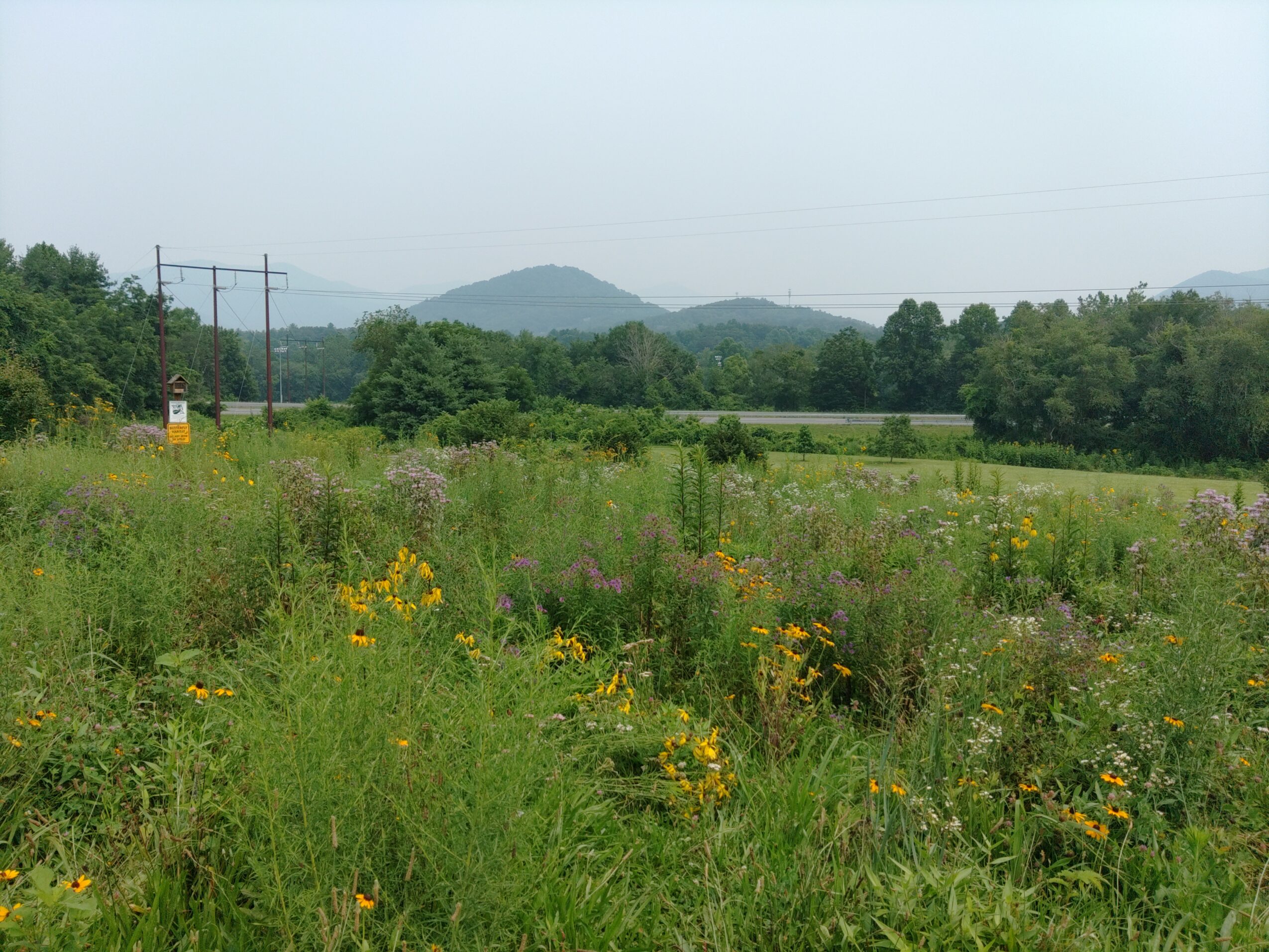
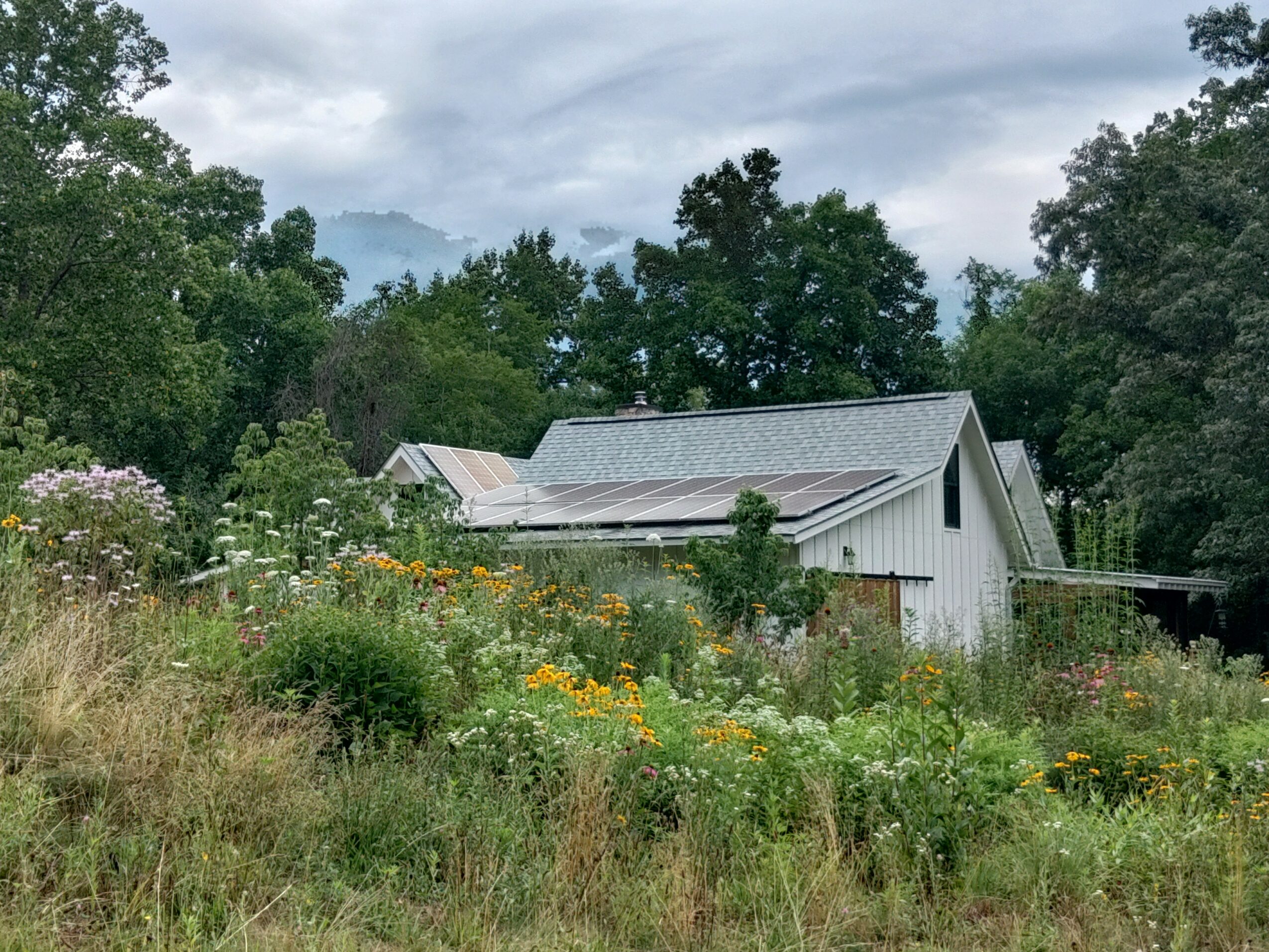
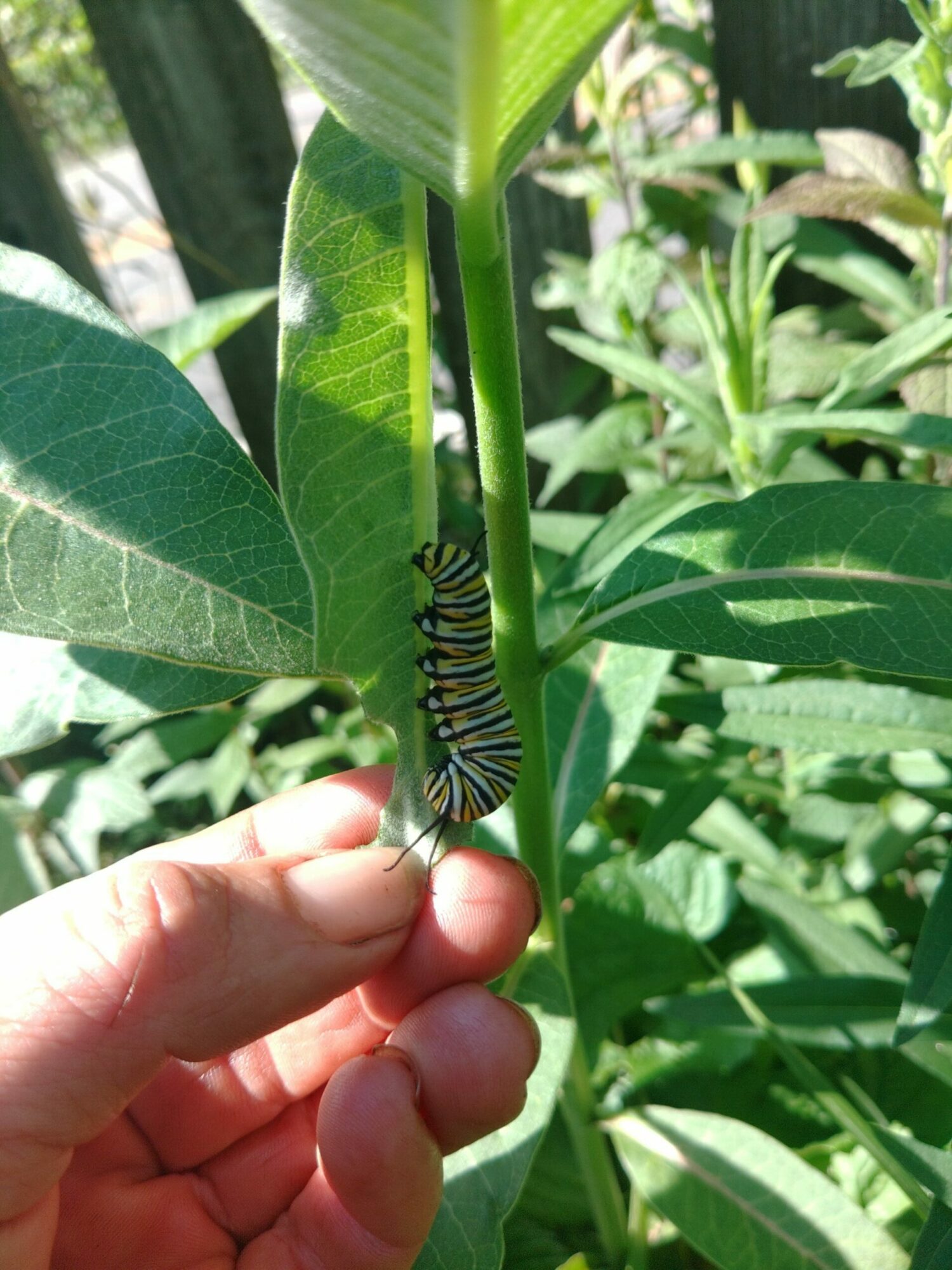
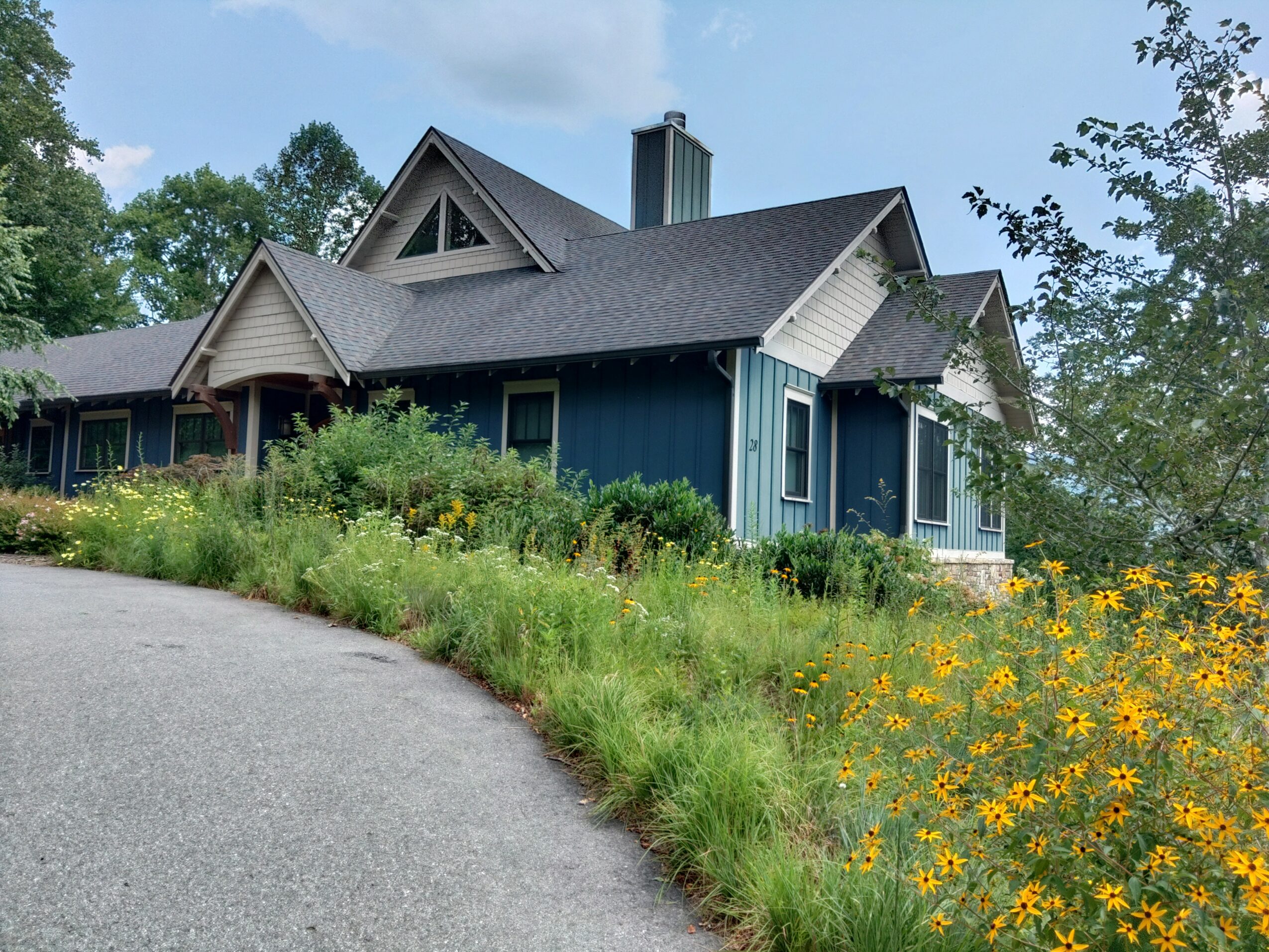
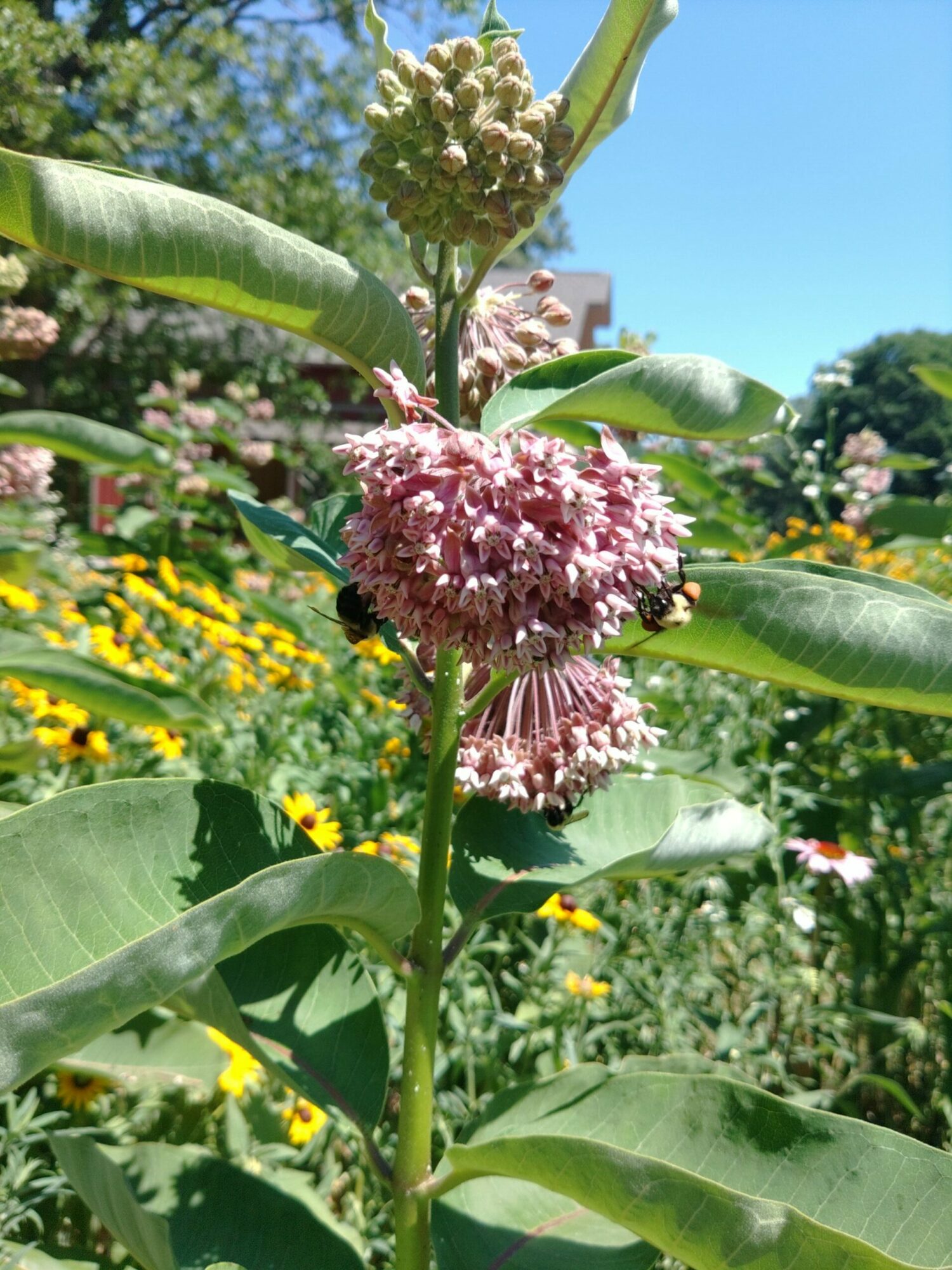
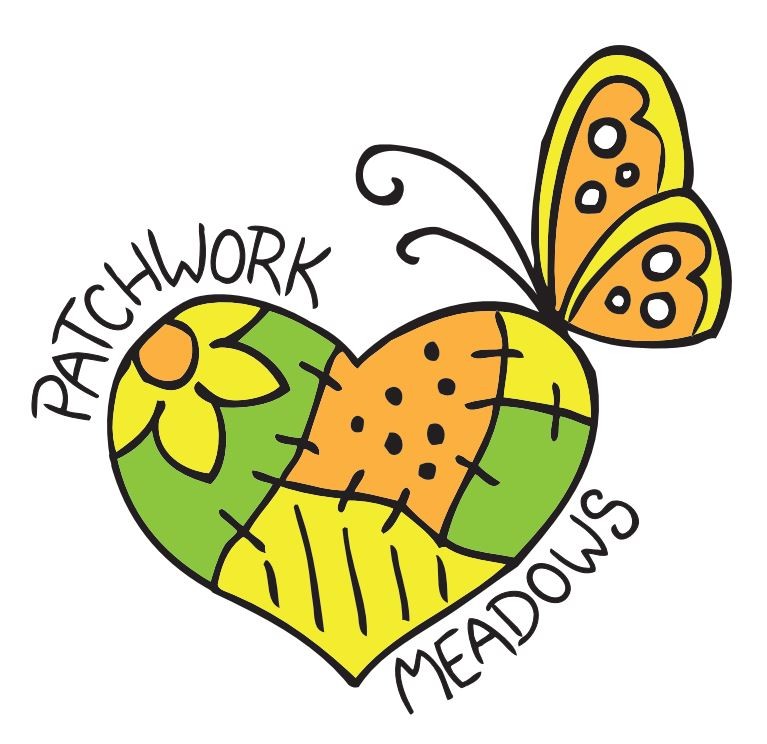
Image Credits
James Poling
Richard Lamos
Emily Sampson











